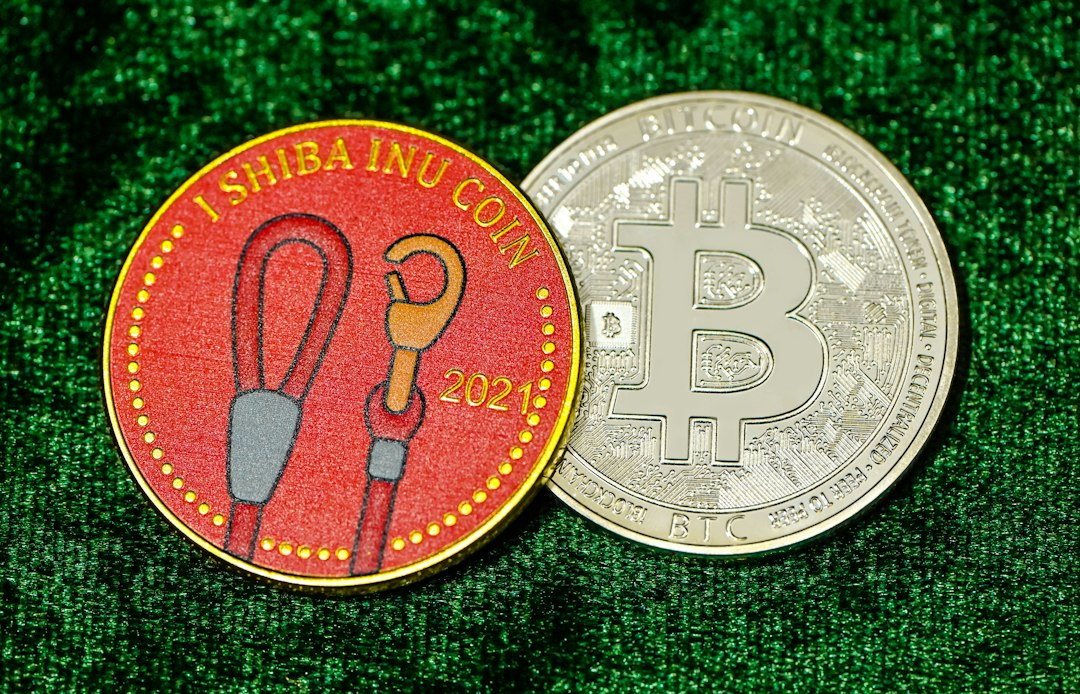South Korea’s Crackdown on Crypto Money Laundering
The Financial Intelligence Unit (FIU) of South Korea’s Financial Services Commission (FSC) is planning to regulate virtual asset mixers, also known as crypto blenders, which have become a popular tool for money launderers. Currently, there are no specific sanctions against these mixers in Korea, prompting authorities to consider imposing restrictions on transactions involving these technologies.
An FIU official expressed concern about the substantial threat of money laundering facilitated by virtual asset mixers. The report suggests that regulators acknowledge the problem and recognize the high risks associated with money laundering through these platforms. Consequently, they are considering implementing strict regulations to curb illicit financial activities.
Local Concerns and International Collaboration
Virtual asset mixers are widely used for splitting and mixing virtual assets, making it difficult to trace funds and monitor illicit activities. The United States has already taken steps to regulate mixers by introducing anti-money laundering (AML) regulations last year.
In South Korea, even domestic companies are not immune to virtual asset-related crimes. A recent hacking incident resulted in the theft of $81 million worth of virtual assets from a local blockchain company called Ozis, raising concerns about the involvement of mixers in such crimes.
Establishing a comprehensive regulatory system for mixers will take time due to their international nature. The FIU emphasizes the need for global cooperation, stating that addressing this issue requires collaboration from each country.
Hot Take: South Korea Takes Action Against Crypto Money Laundering
In an effort to combat illicit financial activities, South Korea is considering regulating virtual asset mixers, also known as crypto blenders. These platforms have become a haven for money launderers, prompting authorities to address their misuse. The lack of specific sanctions against mixers in Korea has led to discussions on imposing restrictions on transactions involving these technologies. The country’s FIU recognizes the substantial threat of money laundering facilitated by mixers and is exploring strict regulations to curb illicit financial activities. International collaboration is crucial in tackling this issue, as mixers operate globally. As concerns about virtual asset-related crimes grow, it is imperative to implement comprehensive measures to protect against money laundering in the crypto space.





 By
By

 By
By
 By
By

 By
By